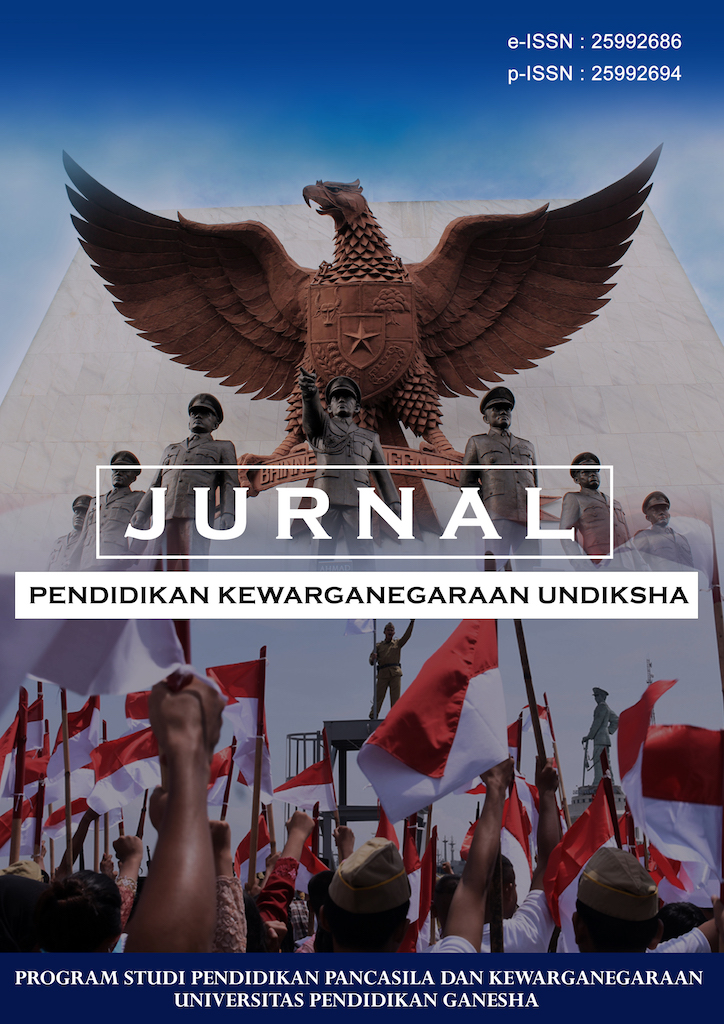FORMULATION OF LOSSES FOR OIL POLLUTION DUE TO TANKER SHIP ACCIDENT IN THE INDONESIAN LEGAL SYSTEM VALUE OF JUSTICE
DOI:
https://doi.org/10.23887/jpku.v8i3.28593Abstract
Claims for compensation based on the interests of the marine environment as well as the blue economy concept launched by the government must of course be the basis for the claims of losses given by polluters to restore victims, both human victims (fishermen) and victims of the marine ecosystem, considering that several international instruments have been ratified by the system. national law regarding provisions regulating compensation for oil pollution by tankers. The fair value of compensation for oil pollution due to tanker accidents can be realized by using an economic approach. Analysis of economic theory on law needs to be used, so that the value of justice can be measured properly. Economic concepts, such as the concept of maximization (maximization theory), the concept of equilibrium (equalibirium theory) and the concept of efficiency (efficiency theory) are needed to become a benchmark for the value of justice. The calculation method required for the calculation of claimable compensation is the contingent analysis method, which is a method of calculation based on the assignment of monetary values to environmental goods or commodities, the desire to pay polluters for goods and services produced by natural resources and the environment (willingness to pay). , as well as acceptance to accept something decreasing (willingness to accept).
Downloads
Published
Issue
Section
License
Authors who publish with the Jurnal Pendidikan Kewarganegaraan Undiksha agree to the following terms:
- Authors retain copyright and grant the journal the right of first publication with the work simultaneously licensed under a Creative Commons Attribution License (CC BY-SA 4.0) that allows others to share the work with an acknowledgment of the work's authorship and initial publication in this journal.
- Authors are able to enter into separate, additional contractual arrangements for the non-exclusive distribution of the journal's published version of the work (e.g., post it to an institutional repository or publish it in a book), with an acknowledgment of its initial publication in this journal.
- Authors are permitted and encouraged to post their work online (e.g., in institutional repositories or on their website) prior to and during the submission process, as it can lead to productive exchanges, as well as earlier and greater citation of published work. (See The Effect of Open Access)










